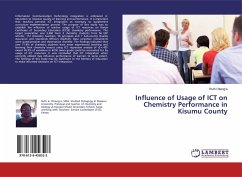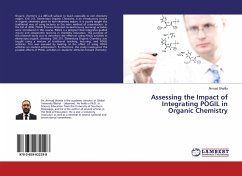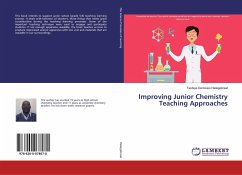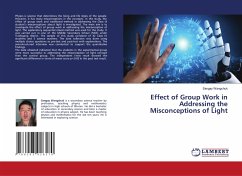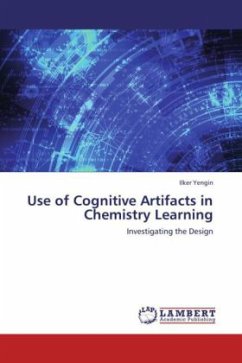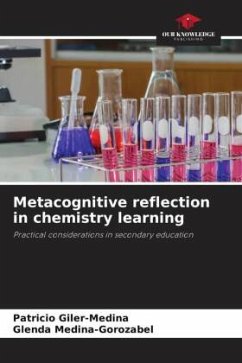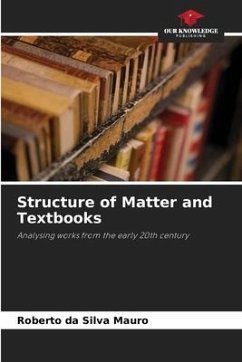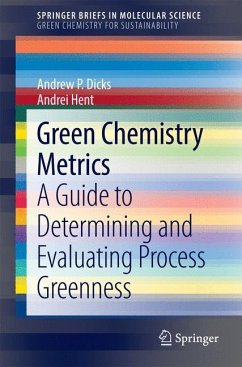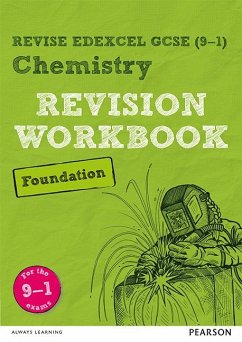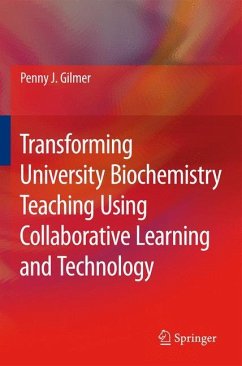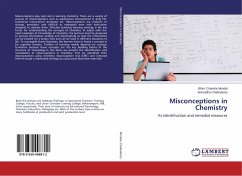
Misconceptions in Chemistry
Its Identification and remedial measures
Versandkostenfrei!
Versandfertig in 6-10 Tagen
36,99 €
inkl. MwSt.

PAYBACK Punkte
18 °P sammeln!
Misconceptions play vital role in learning chemistry. There are a variety of sources of misconceptions such as experiences encountered in daily life, traditional instructional strategies etc. Misconceptions are resistant to change, persistent, and difficult to extinguish even with instruction designed to address them. Effective teaching learning strategy is the key factor for understanding the concepts of chemistry. To adjust with the rapid explosion of knowledge of chemistry, the learners must be prepared to process information suitably and meaningfully so that the information can be treated ...
Misconceptions play vital role in learning chemistry. There are a variety of sources of misconceptions such as experiences encountered in daily life, traditional instructional strategies etc. Misconceptions are resistant to change, persistent, and difficult to extinguish even with instruction designed to address them. Effective teaching learning strategy is the key factor for understanding the concepts of chemistry. To adjust with the rapid explosion of knowledge of chemistry, the learners must be prepared to process information suitably and meaningfully so that the information can be treated for a longer time and can be used in different situations of life. To accomplish these objectives, the learners have to frame a concept in his cognitive domain. Transfer of learning mainly depends on concept formation because these concepts are the key building blocks of the structure of knowledge.In this book we present the identification and remediation of misconceptions in chemistry. First we identified their misconceptions using chemistry misconception test (CMT) and removed them through a improvised strategy by using some illustrative materials.





